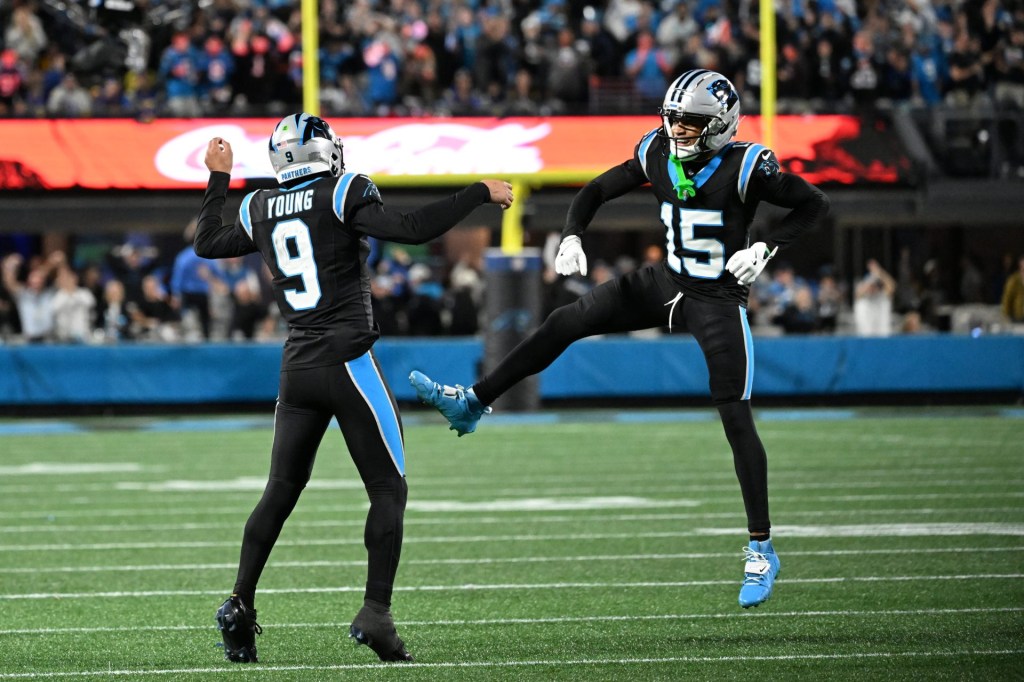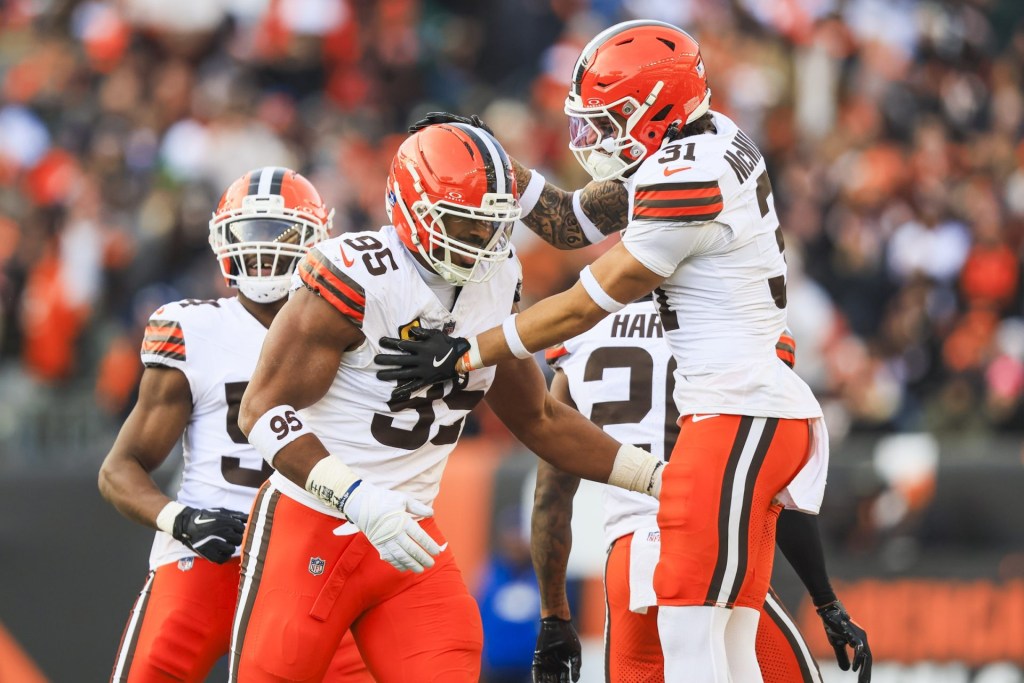
Socioeconomically, Miami can be a transient place. For some, it’s an oasis for the wealthy seeking refuge from the mundane life of American suburbia, and, for others, it serves as an example of the ever-growing disparity between the lives of that wealthy class and the lower classes that reside just a stone’s throw away.
The city’s past is complicated by the fact that it has changed so much over the last century. Each era — whether it was marked by the glow of Miami Vice’s neon lights or the stability of the city’s real estate market — reveals a new chapter in Miami’s history.
If Miami had a bard, his name would be Billy Corben. From his documentaries on the Miami Hurricanes (“The U”) to the story of the drug trade (“Cocaine Cowboys”), no one has told the story of the city better than him. In a way, the filmmaker acts as an ambassador for Miami; he was even featured on Anthony Bourdain’s “Parts Unknown” episode about the city.
[the_ad_group id=”948″]
Through the narratives told in his films, Corben has been able to show beautiful parts of Miami that make the place unique. For example, in “The U: Part I,” Corben showed the importance of the Miami Hurricanes football team to the people of Miami and how the love for the team united citizens of different origins, races, socioeconomic classes, and ages.
Today, Corben is rallying attention to the proposed Miami Freedom Park project, which would be constructed over Miami’s lone publicly-owned place to golf, Melreese Country Club.
The project, which is a proposed billion-dollar development that is being spearheaded by soccer legend David Beckham and MasTec founder Jorge Mas, has generated a decent amount of controversy. Beckham and Mas’ team, which has been given the go-ahead from the city of Miami to bring an MLS club to the area, are in the process of trying to find a place to build the team a home. The Melreese project, however, could be problematic.
Some of Corben’s concerns are as follows:
- The city is selling the proposed site to the Beckham/Mas group without competitive bidding, as required by the city’s charter.
- There is a possibility that the city could be getting shorted drastically on the lease of the aforementioned property, which could amount to millions of dollars of potentially lost revenue per year.
- The traffic and infrastructure systems around the proposed site — namely, the Dolphin Expressway — might not be able to withstand the addition of the soccer stadium
- There are more pressing issues that the city should be focused on.
- The multi-million dollar clean-up of the site, which was formerly a dumping ground.
A referendum vote on November 4 will give voters the chance to amend the city charter (to allow for the lease of the land). If voters approve of the amendment, the city government will be allowed to proceed with the lease.
“Every time a billionaire wants a stadium,” Corben said, “the city shuts down and makes accommodations for them. It’s embarrassing. Then the government turns and claims they can’t do anything [else]; but the second a billionaire wants a stadium, the business of the City stops and its all hands on deck. That is business as usual here in Miami and people are sick and tired of it. I feel the call to speak on behalf of the brutalized residents of Miami, who suffer from acute stadium fatigue.”
Corben insists that the problem is not necessarily the addition of a new stadium or sports franchise, but rather, that the city should be looking out for its citizens and that there are more pressing issues to be concerned with than the addition of said stadium.
“[The people of] Miami get treated like we get distracted by shiny objects. This is a city of very real people with very real problems: affordable housing, the wage gap, sea level rise, traffic mitigation, police reform… that is where our focus should be. These are the issues worth stopping everything and dealing with.”
To be clear, Corben said, “this is not a vote for or against soccer; this is about a land grab of the largest publicly owned property in the city of Miami from the voters of Miami before they even know what the vote is about.”
One of the concerns about the referendum is that it could allow commissioners to potentially lease other publicly owned property without competitive bidding — which is required by the charter. The complexity of this referendum could end up confusing voters; this could lead to the Beckham/Mas group leading a campaign to sell the referendum as a vote on the stadium as opposed to the city’s charter.
Currently, there is a lawsuit filed in Miami seeking a writ of mandamus; meaning, the lawsuit seeks to get the city commissioners to follow the charter as it is written. Much of the success on the project could come down to whether this litigation succeeds.
Another concern is about whether the citizens of Miami are being adequately represented.
“David Beckham, I know, will be competently represented in this negotiation. Jorge Mas has a fiduciary duty to negotiate the best possible deal for his group. The biggest problem here is that the Mayor [Francis Suarez of Miami] and the city manager are sitting on the same side of the negotiating table as Mas and Beckham. It begs the question, who is sitting on the side of Miami?”
This is as much a literal problem as it is philosophical; Mas and Suarez sat together and advocated for the deal in a pitch to the Miami Herald’s editorial board.
“It’s a bad look, as the kids would say,” Corben says.
[mc4wp_form id=”8260″]
Corben, in using his unique platform to stop what many believe to be a bad deal for the citizens of Miami, is fighting on behalf of the diverse interests that would be better served by the city’s resources than Mas and Beckham.
At the end of the day, those diverse interests are what make Miami special: “The wonderful thing about Miami is that there is something for everyone.”
















